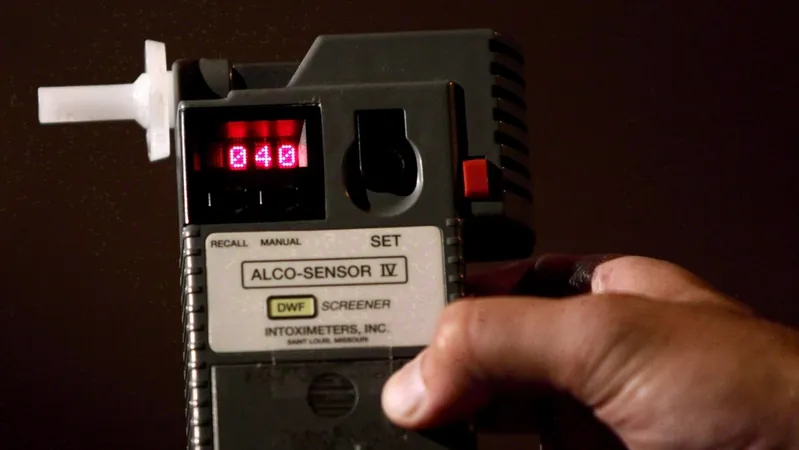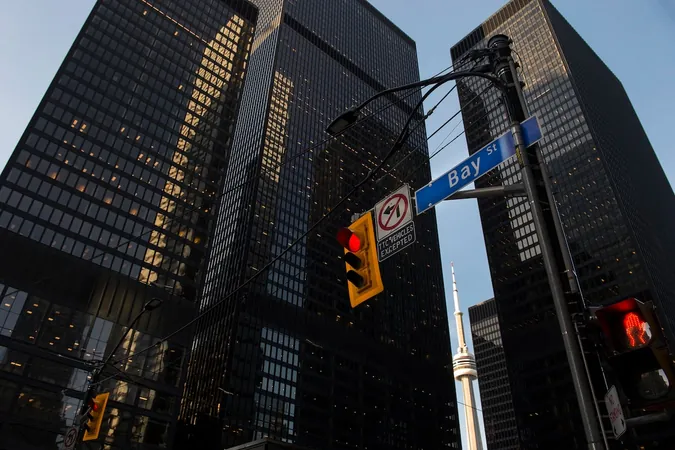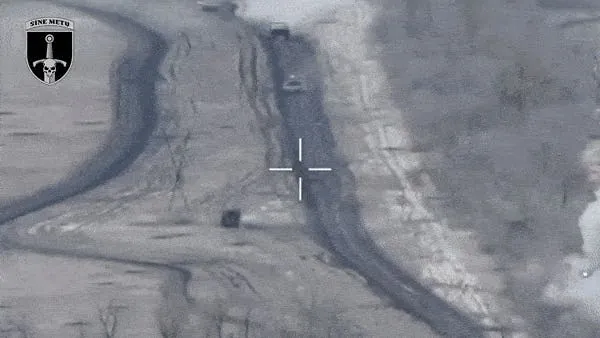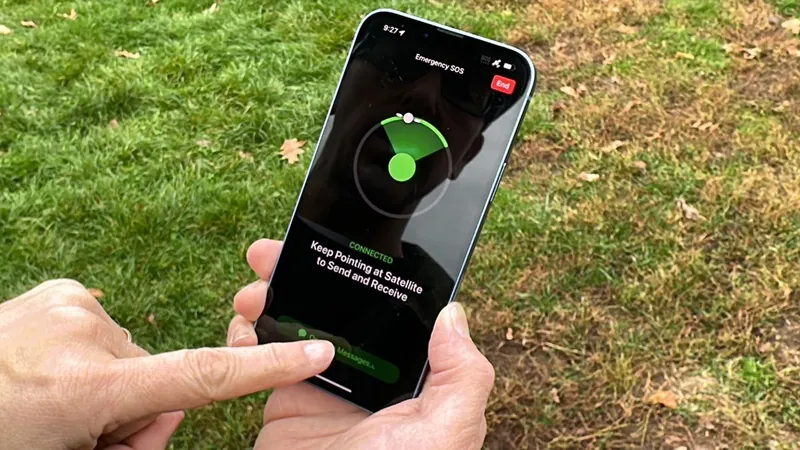
Saskatchewan Woman Wins Legal Battle Over Police Breath Sample Demand in Landmark Ruling
2024-11-20
Author: Olivia
Introduction
In a significant legal victory, a Saskatchewan woman, Victoria Kopperud, has been cleared of legal wrongdoing after she refused to provide a breath sample during a traffic stop in Regina. The pivotal ruling, handed down by Provincial Court Judge James Rybchuk, underscores important limitations on police authority.
Incident Overview
The incident transpired on September 20, 2023, when Kopperud, after a long commute on Highway 6, parked at her workplace in north Regina. An RCMP cruiser, led by Cst. Rinholm, had been trailing her in response to reports of suspected impaired driving. Upon stopping her, the officer demanded a breath sample without sufficient legal grounds, asserting his ability to compel such a demand without any reason.
Judicial Findings
Court documents reveal that Rinholm’s response raised critical questions about the scope of police powers when it comes to breath sample demands. Despite being stopped, Kopperud was not charged with any traffic violations or impairment. Interestingly, the initial complaint was from a driver who claimed Kopperud was driving erratically—an assertion that seemed shaky upon further review.
Concerns Over Police Conduct
Investigations highlighted questionable aspects of Rinholm’s conduct during the pursuit, which included dangerous driving maneuvers like speeding and ignoring traffic signals to catch up with Kopperud. During the stop, Rinholm did not witness any erratic driving firsthand and acknowledged that Kopperud's driving had stabilized by the time he approached her.
Legal Conclusion
Judge Rybchuk concluded that the Traffic Safety Act does not grant police the authority to conduct random breath tests in non-highway locations, such as parking lots. The ruling emphasized that once Kopperud entered a private property area, police needed reasonable grounds to initiate a stop—grounds that weren’t present in this case.
Implications of the Ruling
The judge ruled that the traffic stop was unlawful and therefore Kopperud’s refusal to comply with the breath sample request did not constitute a legal breach. He also highlighted broader implications of the decision, suggesting it might inadvertently prompt individuals to challenge police requests for cooperation in similar situations on private property.
Protection of Rights
Moreover, Justice Rybchuk stressed the importance of protecting Charter rights, stating that maintaining public trust in the justice system requires holding law enforcement accountable to the same legal standards as citizens. This ruling serves as a stark reminder of the need for proper legal justifications in police actions, and reinforces that individuals must be aware of their rights when confronted by law enforcement.
Conclusion
In a legal landscape where the repercussions of noncompliance can be severe—potential vehicle seizures, fines, and penalties even before a conviction—this ruling not only protects individual rights but also brings to light the necessity of lawful policing. As Canada continues grappling with issues of police authority and public safety, cases like Kopperud’s could pave the way for future discussions and reforms in law enforcement practices. This landmark decision poses critical questions about the balance of power between law enforcement and individual rights and might encourage new dialogues around police accountability and citizen compliance moving forward.









 Brasil (PT)
Brasil (PT)
 Canada (EN)
Canada (EN)
 Chile (ES)
Chile (ES)
 España (ES)
España (ES)
 France (FR)
France (FR)
 Hong Kong (EN)
Hong Kong (EN)
 Italia (IT)
Italia (IT)
 日本 (JA)
日本 (JA)
 Magyarország (HU)
Magyarország (HU)
 Norge (NO)
Norge (NO)
 Polska (PL)
Polska (PL)
 Schweiz (DE)
Schweiz (DE)
 Singapore (EN)
Singapore (EN)
 Sverige (SV)
Sverige (SV)
 Suomi (FI)
Suomi (FI)
 Türkiye (TR)
Türkiye (TR)